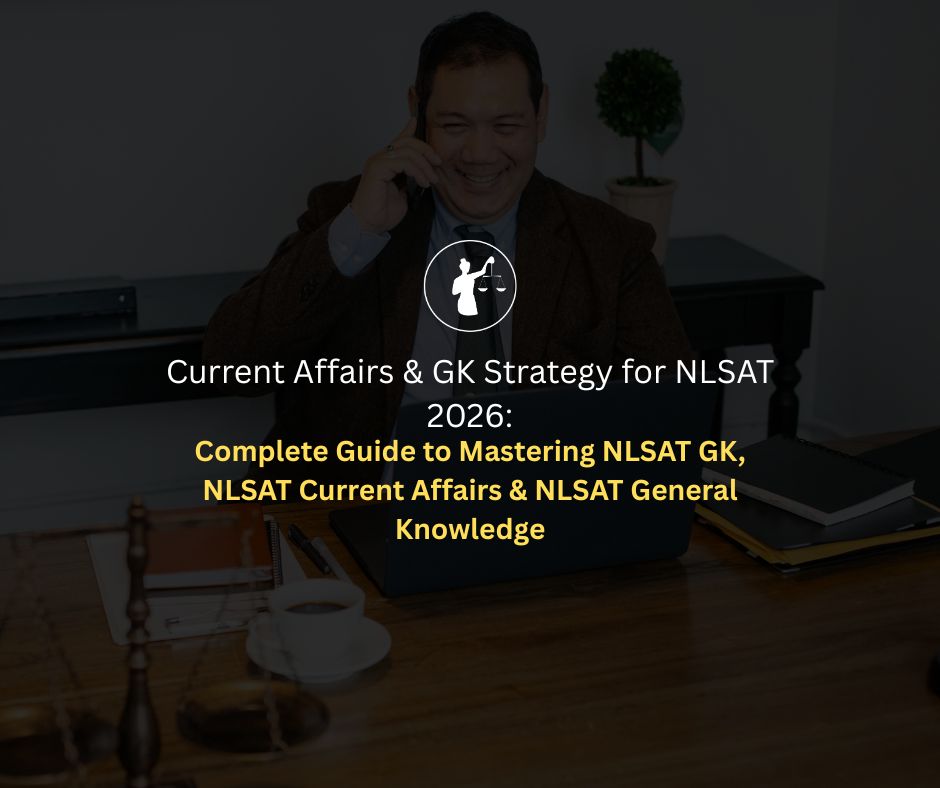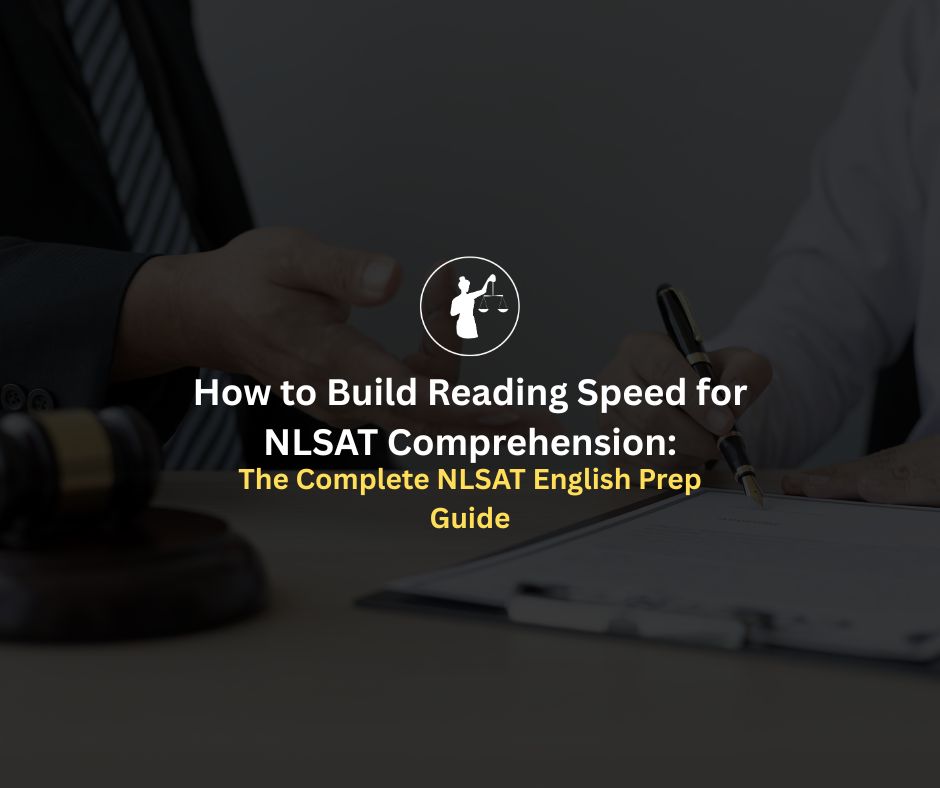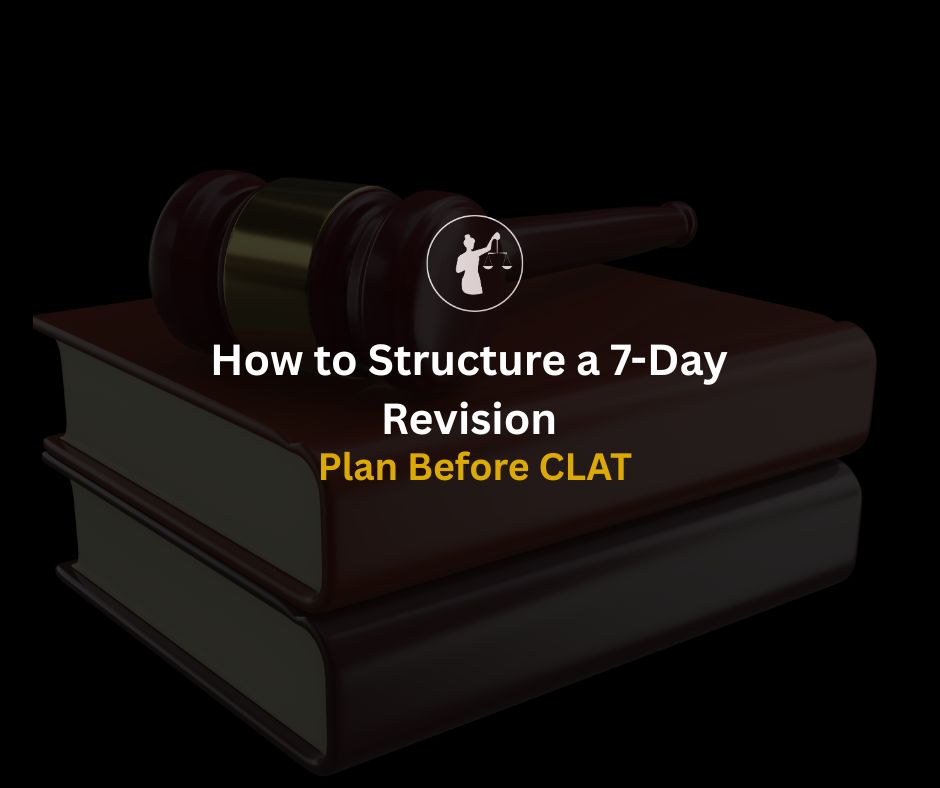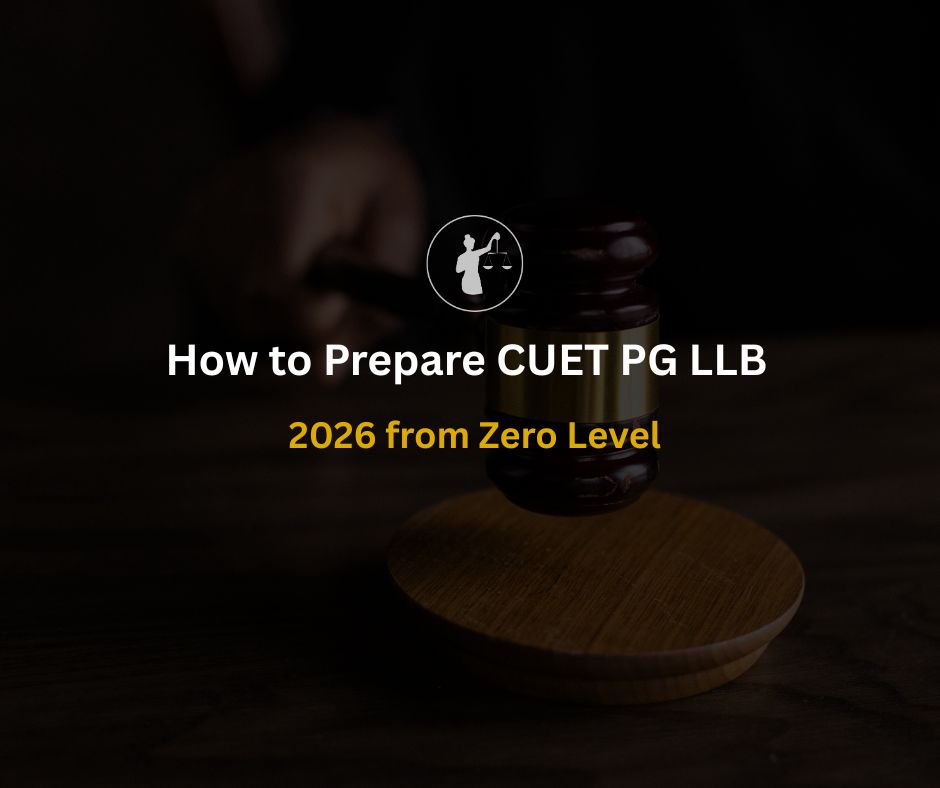_11zon)
Success in the NLSAT 2026 depends heavily on mastering two core areas: nlsat 2026 RC (Reading Comprehension) in Part A and nlsat 2026 legal aptitude in Part B.
While both sections test different skills, they are deeply connected law school demands the ability to read dense texts with precision and apply structured reasoning to complex scenarios.
This blog will guide you on how to balance nlsat 2026 RC with nlsat 2026 legal aptitude, covering exam pattern insights, preparation strategies, mistakes to avoid, and recommended resources.
Check Out NLSAT Online Coaching and Mentorship
NLSAT 2026 RC builds your reading stamina, inference skills, and ability to decode tone and authorial intent.
NLSAT 2026 legal aptitude evaluates structured reasoning, logical application, and clarity of argumentation.
Performing well in nlsat 2026 RC helps you succeed in Part A, while mastering nlsat 2026 legal aptitude ensures strong performance in Part B.
Together, they mirror the exact skills NLSIU expects in future law students.
Take practice mocks that balance nlsat 2026 RC passages with nlsat 2026 legal aptitude fact-pattern problems to mirror this structure.
Read More: Top NLSAT 2026 Preparation Books & Resources : Expert Study Guide
The nlsat 2026 RC section tests not speed reading, but analytical depth. Expect passages that are complex, dense, and argument-heavy.
Key Skills in NLSAT 2026 RC
Inference Recognition : spotting what is implied but not explicitly stated.
Assumption Identification : finding hidden premises that make arguments work.
Argument Analysis : mapping main claims, supporting evidence, and flaws.
Tone & Intent :decoding author’s stance and purpose.
Vocabulary in Context : interpreting words through surrounding cues.
Read 2 editorials daily (The Hindu, Indian Express).
Write short summaries highlighting assumptions, tone, and conclusion.
Practice LSAT-style RC passages that emphasize inference-based reasoning.
Allocate ~30 minutes for nlsat 2026 RC in mocks, balancing accuracy and speed.
The nlsat 2026 legal aptitude section is subjective and requires structured reasoning. Candidates must apply given legal principles to hypothetical scenarios without needing prior legal knowledge.
Structured Reasoning : applying the IRAC method (Issue, Rule, Application, Conclusion).
Analytical Thinking : interpreting broad legal terms in specific factual contexts.
Principled Argumentation : reasoning based on fairness and legal principles, not personal opinion.
Clarity of Writing : concise, logical, and academic expression.
Solve 3–5 IRAC-style problems weekly under timed conditions.
Focus on clarity over jargon structured answers score higher.
Compare answers with peer/mentor feedback to refine reasoning.
Practice writing 200–250 word responses for short problems and a 500-word essay.
Dedicate alternate days to intensive nlsat 2026 RC practice and nlsat 2026 legal aptitude problem-solving. Weekly mocks should test both together.
Treating nlsat 2026 RC like a speed-reading test depth matters more.
Using memorized law or legal jargon in nlsat 2026 legal aptitude answers.
Neglecting Part B practice while focusing only on objective MCQs.
Failing to analyze mistakes from mocks repetition without reflection wastes time.
Q1. How important is NLSAT 2026 RC compared to legal aptitude?
Both are equally important. Strong nlsat 2026 RC performance is essential to clear Part A, while nlsat 2026 legal aptitude determines your Part B score and final rank.
Q2. Can I use CLAT or AILET RC practice for NLSAT 2026 RC?
Not effectively. CLAT RC focuses more on factual recall, while nlsat 2026 RC tests deeper inference and tone analysis. LSAT-style RC is better aligned.
Q3. How do I improve answer structure in NLSAT 2026 legal aptitude?
Practice the IRAC method consistently (Issue, Rule, Application, Conclusion). It ensures your answers are logically sequenced and examiner-friendly.
Q4. What’s the best way to balance RC and legal aptitude in daily prep?
Dedicate mornings to nlsat 2026 RC (reading + summarizing) and evenings to nlsat 2026 legal aptitude (problem-solving + essay writing). Weekly mocks should integrate both.
Q5. Do I need prior legal knowledge for NLSAT 2026 legal aptitude?
No. All principles are provided in the paper. The exam tests reasoning and structured application, not memorization of statutes or doctrines.
Balancing nlsat 2026 RC and nlsat 2026 legal aptitude is the key to cracking the exam. RC builds the foundation of careful reading and inference, while legal aptitude demonstrates your ability to reason like a lawyer.
By integrating daily RC practice with structured legal aptitude drills, and testing yourself through full-length mocks, you can ensure steady progress in both sections.
Remember: NLSIU doesn’t just want students who can read—it wants future lawyers who can read critically and reason legally. Master both nlsat 2026 RC and nlsat 2026 legal aptitude, and you’ll be positioned for success in March 2026.





